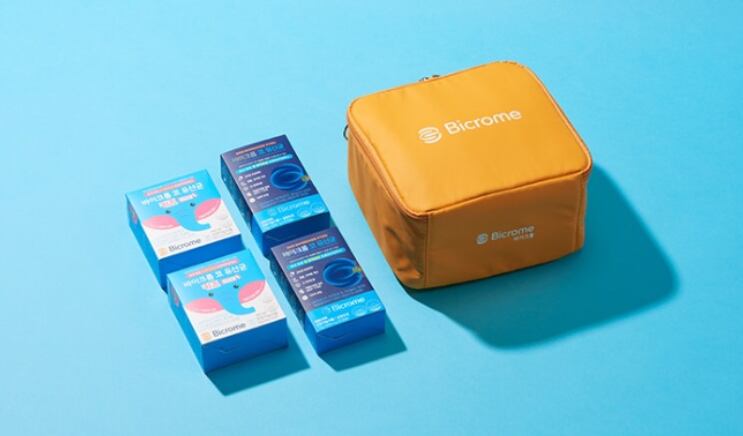In its latest inspection, MFDS assessed the online advertisements of 1,400 products – which consisted of 977 Health Functional Food (HFF) and 423 general foods.
The most striking finding was that the advertising of general foods, mostly consisting of fermented milk, was deceptive and confusing – meaning consumers could have wrongly mistaken such products as HFF.
For example, fermented milk was advertised to improve intestinal and immune health, which are health functional claims that only HFF could make.
A total of 75 products were found to have violated advertising regulations, of which 61 were general foods.
The rate of violation was also higher in general foods at 14.4 per cent and only 1.4 per cent for HFF.
Aside from causing consumers to confuse it with HFF, other problems included making disease prevention or treatment claims – a problem also seen in the advertising of HFF.
Overall, there were 18 cases involving disease prevention/treatment claims, 31 cases which confused general foods with HFF, 20 cases involving consumer deception by using claims and terms that were not scientifically backed, and six cases of making health claims that were different from those permitted by the MFDS.
When comparing between local and imported goods, 40 products which violated the regulations came from local firms, while the remaining 35 were imported products.
The inspection, which took place between June and September, was conducted ahead of the Thanksgiving festival held in mid-September.
“The probiotic market is growing due to greater interest in gut health and there is an expected increase in the gifting of probiotics during the Chuseok Thanksgiving holidays.
“This inspection was conducted to prevent consumer damage due to unfair advertisements,” the MFDS said.
Citing data from the Korea Health Supplement Association, the ministry said that the country’s probiotics industry had grown from KRW$542.4bn (US$463.7m) in 2018 to KRW$741.5bn (US$633.9m) in 2019 and further increased to KRW$885.6bn (US$757.1m) last year.
The ministry added that the consumers should look out for the HFF certification label when purchasing a probiotic product.
“We will continue to monitor illegal acts such as false and exaggerated online advertisements for products that are of high public interest and have achieved high sales volume at a particular period,” said Chae Gyu-Han, director of MFDS’s cyber investigation team.
Other than advertising violations, the MFDS had also conducted inspections on the actual and labelled CFU of probiotic products and imported probiotics. In fact, imported products that failed conformity tests three or more times within three years would be subjected to inspection orders.





